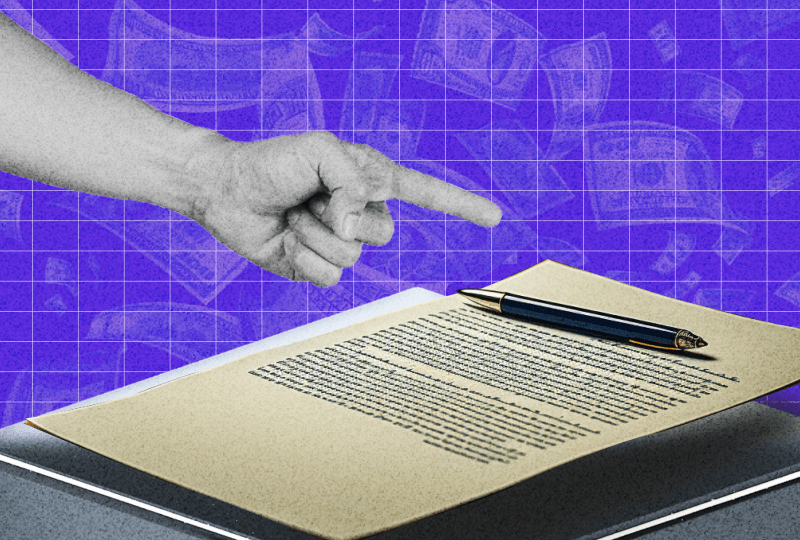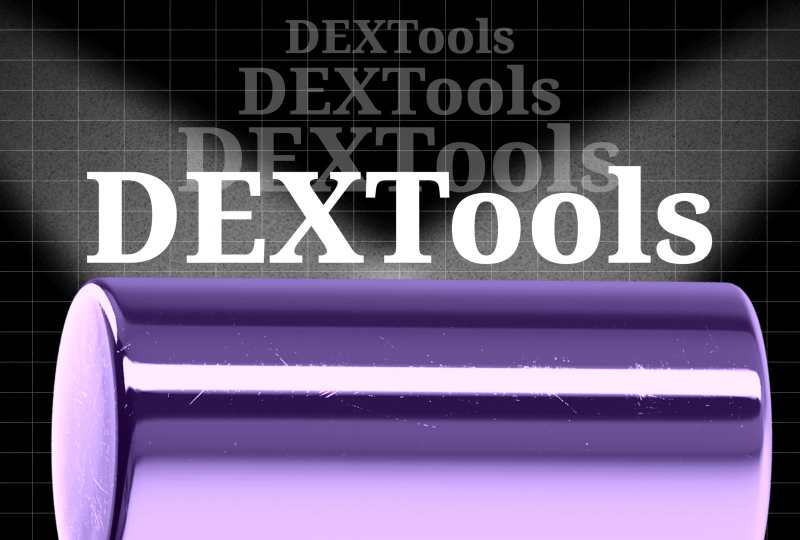SEC Dealer Rule Expansion Sends Shockwaves Through DeFi Sector
Feb 07, 2024

In a noteworthy issue that has excited the cryptocurrency community, the SEC has given the green light to expand the SEC dealer rule. This expansion, approved on Tuesday, extends the SEC’s regulatory reach into decentralised finance (DeFi), raising concerns among DeFi enthusiasts and market participants.
What is the SEC Dealer Rule?
The SEC dealer rule, formally known as Exchange Act Rules 3a5-4 and 3a44-2, broadens the definition of a dealer to include entities engaging in specific liquidity-providing roles in the securities markets. This expansion is not confined to traditional financial operations but encompasses activities involving crypto securities, particularly those associated with DeFi.
Under this rule, any entity engaging in activities that provide liquidity to other market participants, such as making comparable purchases and sales of securities, expressing trading interests at competitive prices, and earning revenue from bid-ask spreads, may be classified as a dealer.
Consequently, these entities must register with the SEC, become members of a self-regulatory organisation (SRO), and comply with federal securities laws and regulatory obligations.
While the rule’s initial focus was on participants in the U.S. Treasury market, its implications extend far beyond traditional finance. Notably, it could have significant complications for the burgeoning DeFi sector, which has thrived on innovation and decentralisation.
Implications for the DeFi Sector
Critics argue that the SEC dealer rule fails to account for the unique dynamics of DeFi and imposes regulatory problems that could stifle innovation. The DeFi Education Fund and other industry players vehemently opposed the rule, labelling it “misguided and unworkable.”
SEC Chair Gary Gensler defended the expansion, emphasising the need to ensure market integrity and investor protection. He underscored Congress’s intent to subject entities engaging in de facto market-making to regulatory oversight, irrespective of the asset class involved.
However, dissenting voices within the SEC, including Commissioners Mark Uyeda and Hester Peirce, have raised concerns about the rule’s potential unintended consequences. Uyeda criticised the rule for creating regulatory confusion, while Peirce worried about the lack of tailored regulations for the crypto industry.
The expansion of the SEC dealer rule comes amidst the SEC’s broader regulatory initiatives in the crypto space, often characterised as the SEC’s war on crypto. With ongoing legal battles over the classification of cryptocurrencies as securities, the regulatory landscape for digital assets remains uncertain.
As the rule takes effect in April of next year, DeFi projects and other crypto market participants face a challenging road ahead. Compliance with SEC regulations may pose significant problems for decentralised platforms, potentially reshaping the DeFi ecosystem.
Final Remarks
The SEC dealer rule expansion is a notable event in the SEC’s regulatory approach to the crypto space. While aimed at enhancing oversight and investor protection, its impact on the innovative DeFi sector remains a point of disagreement, highlighting the ongoing tension between regulation and innovation regarding digital securities.




